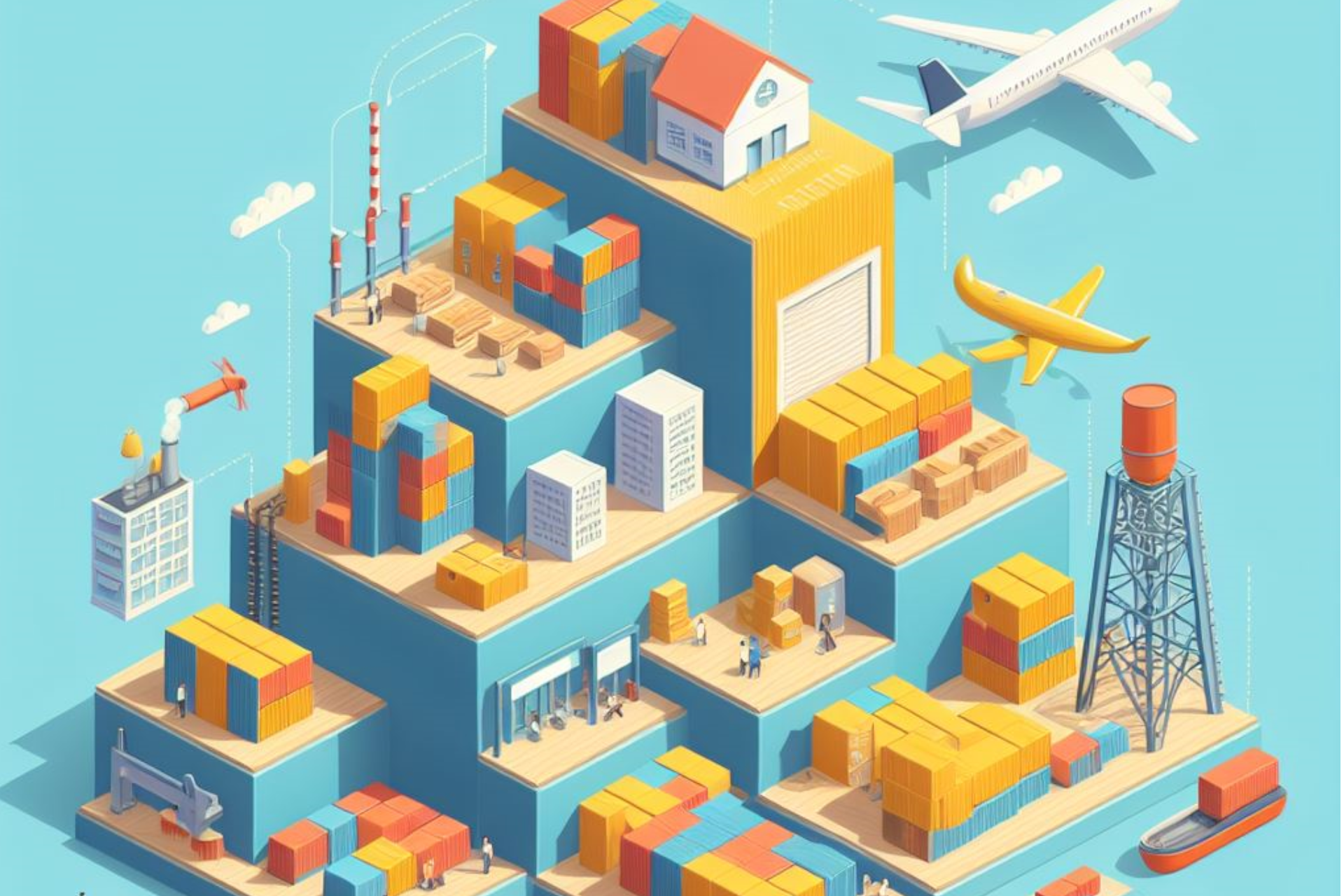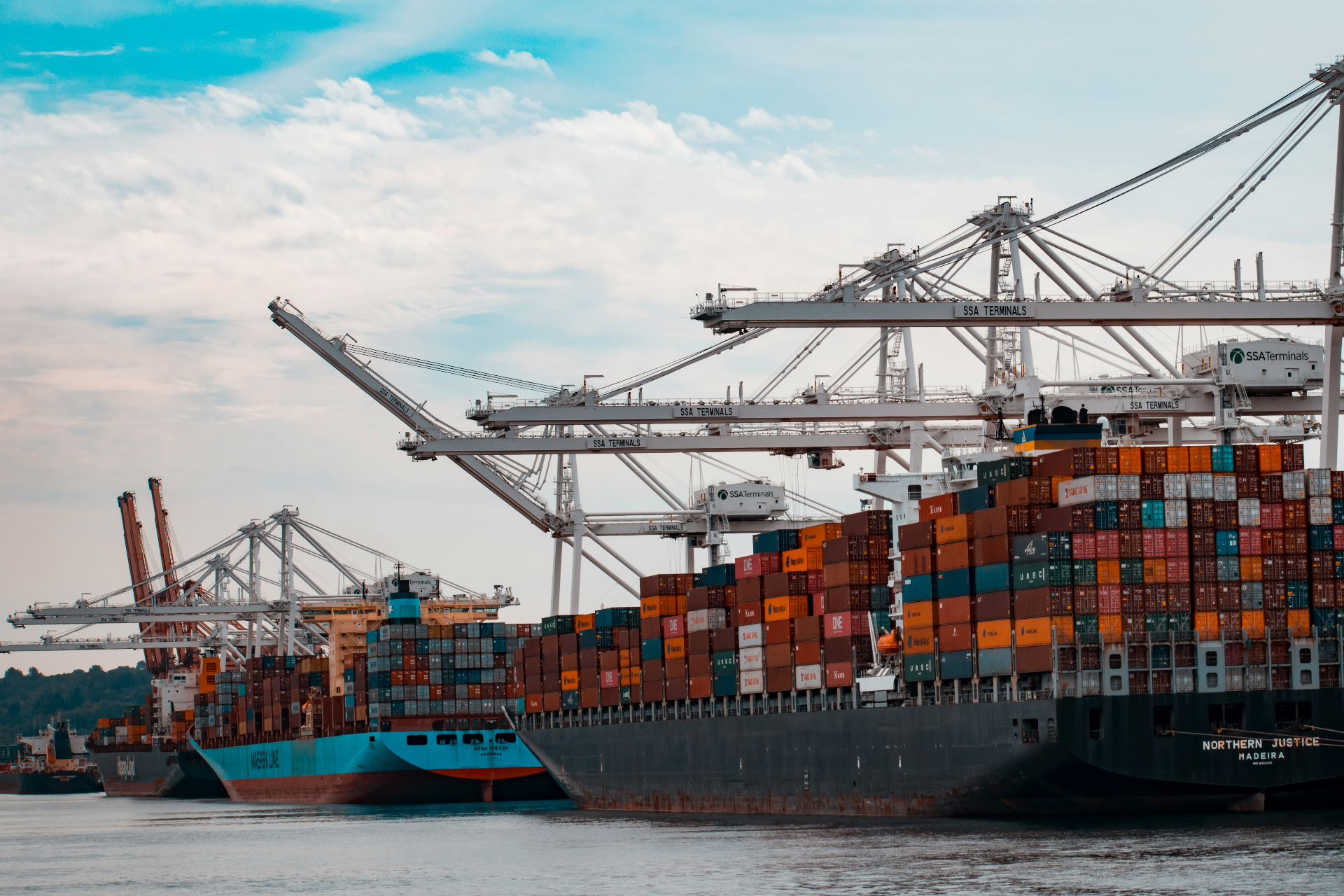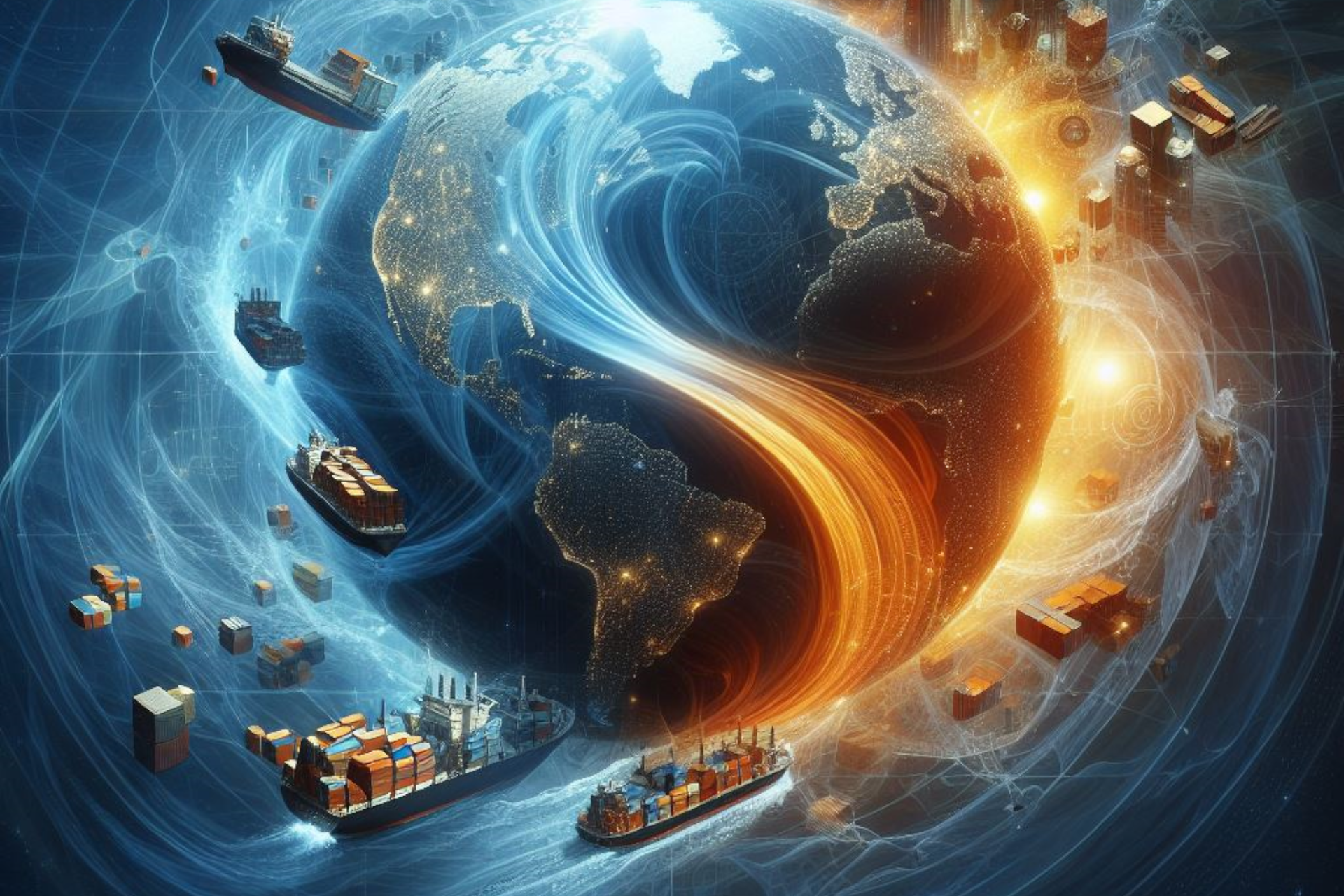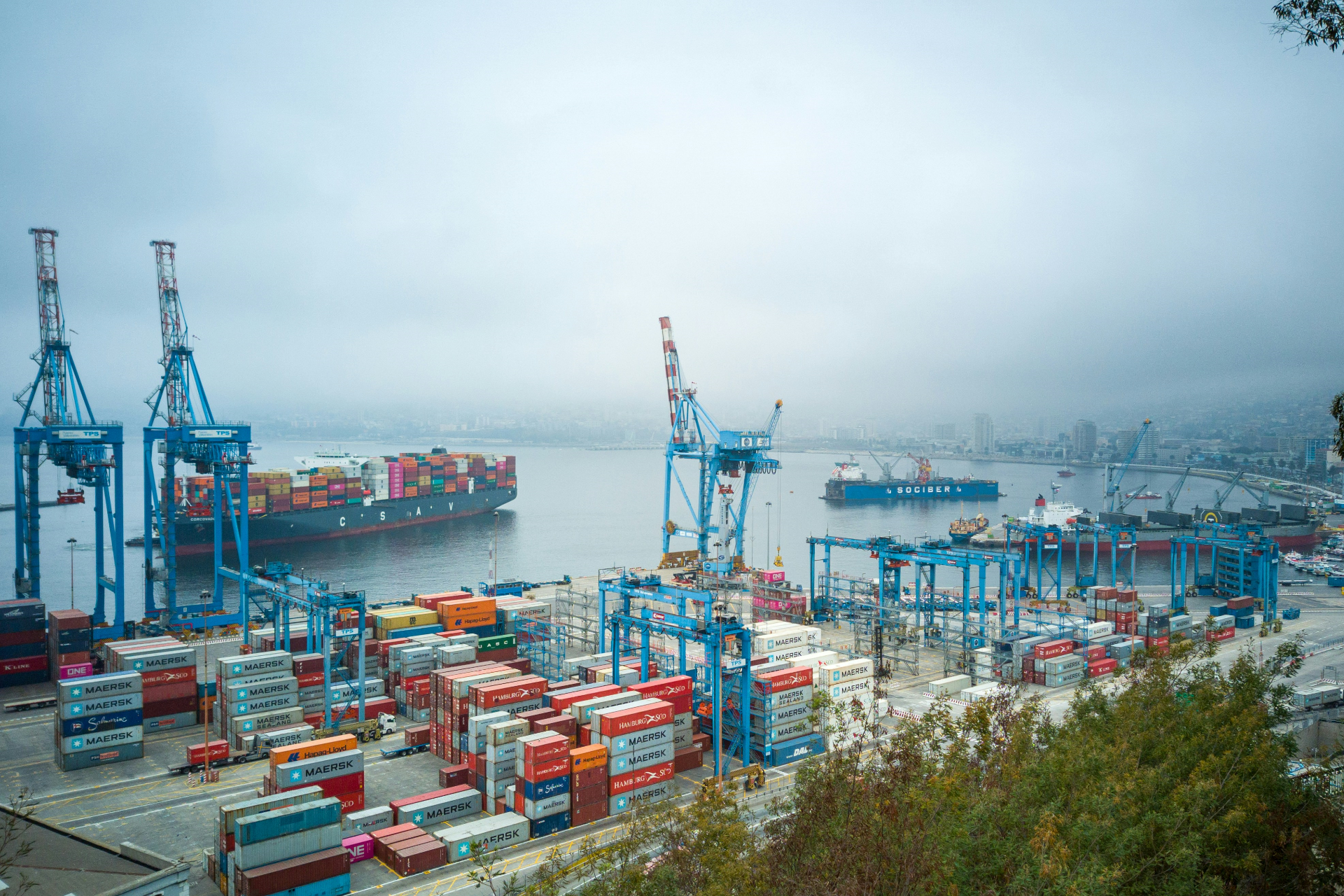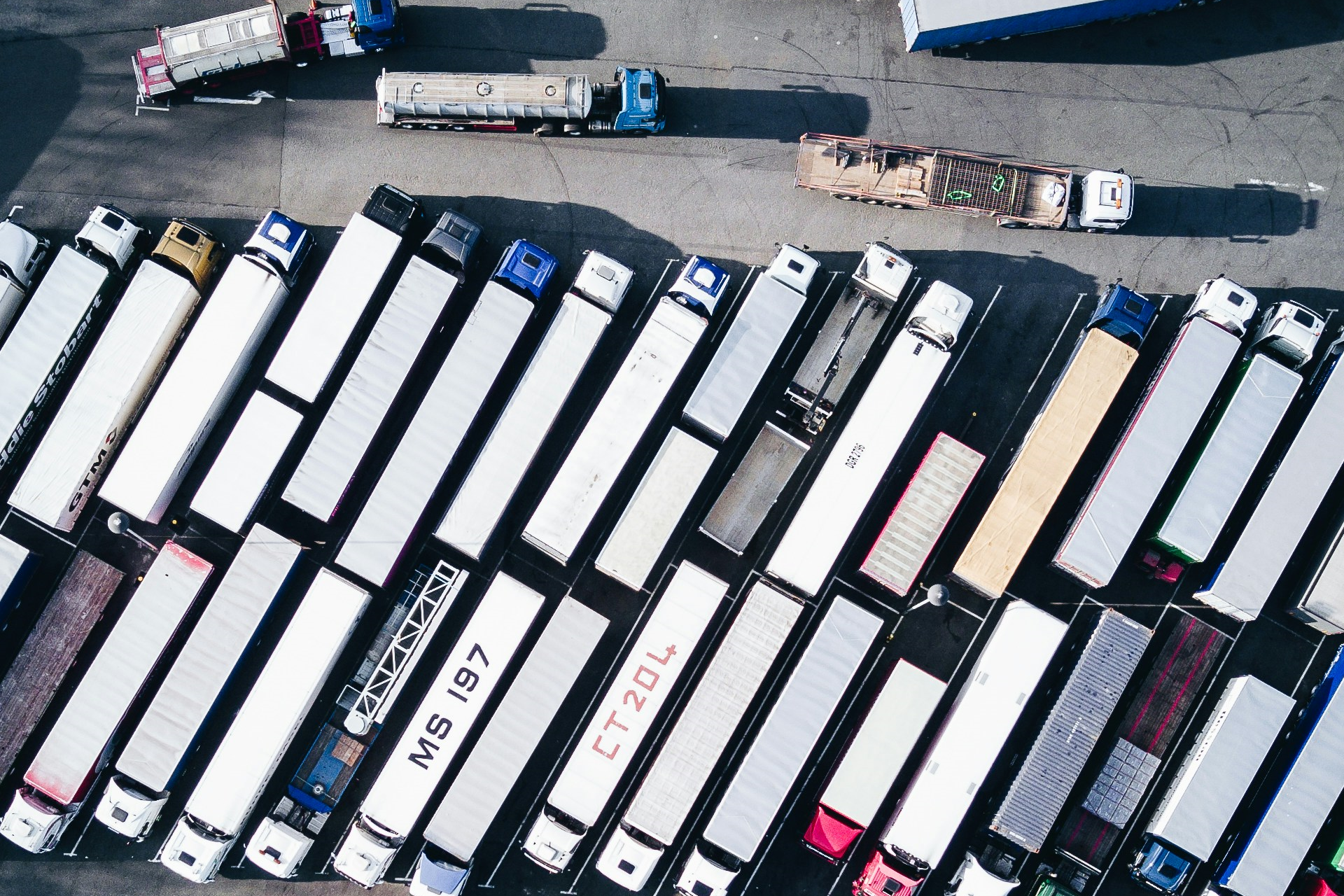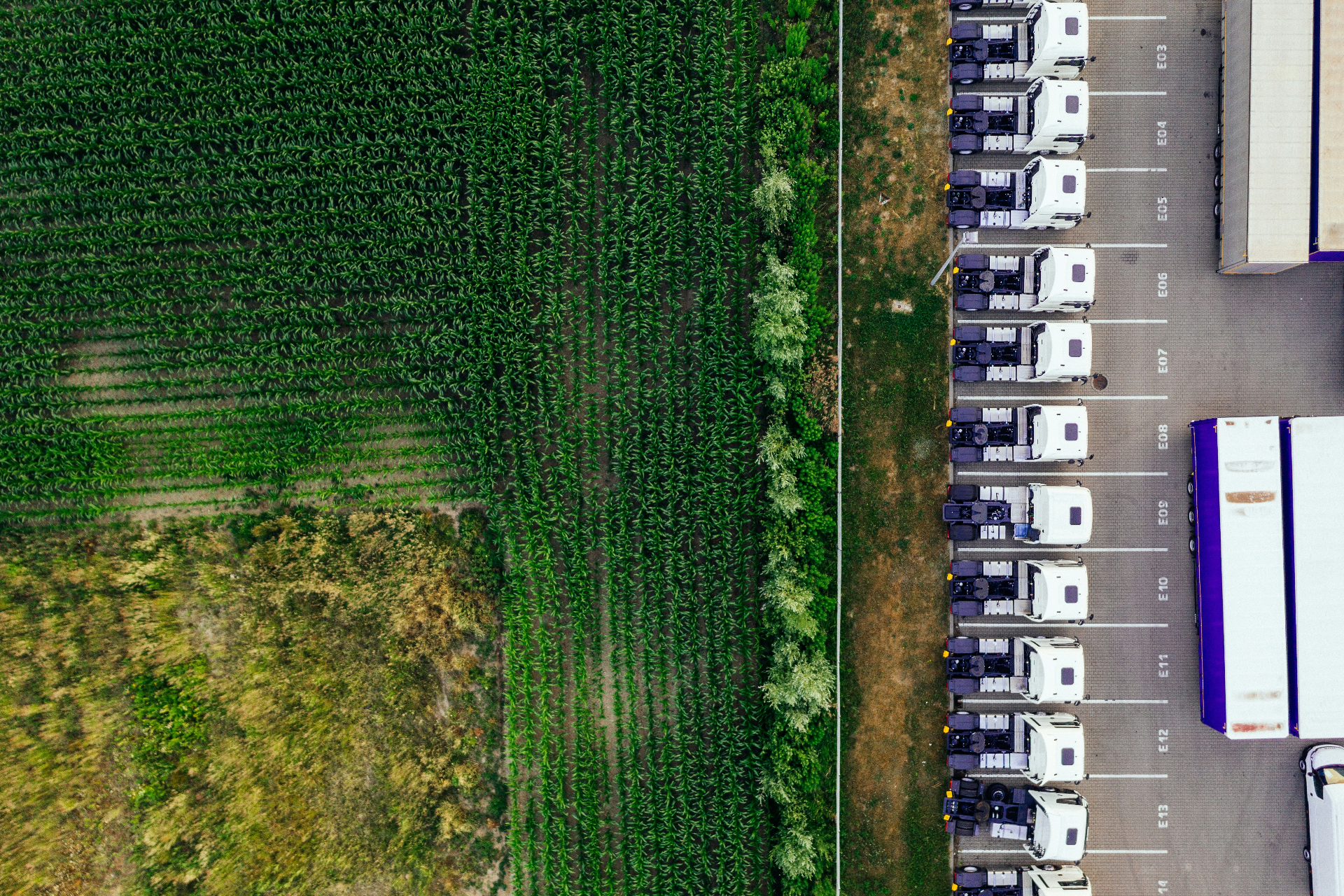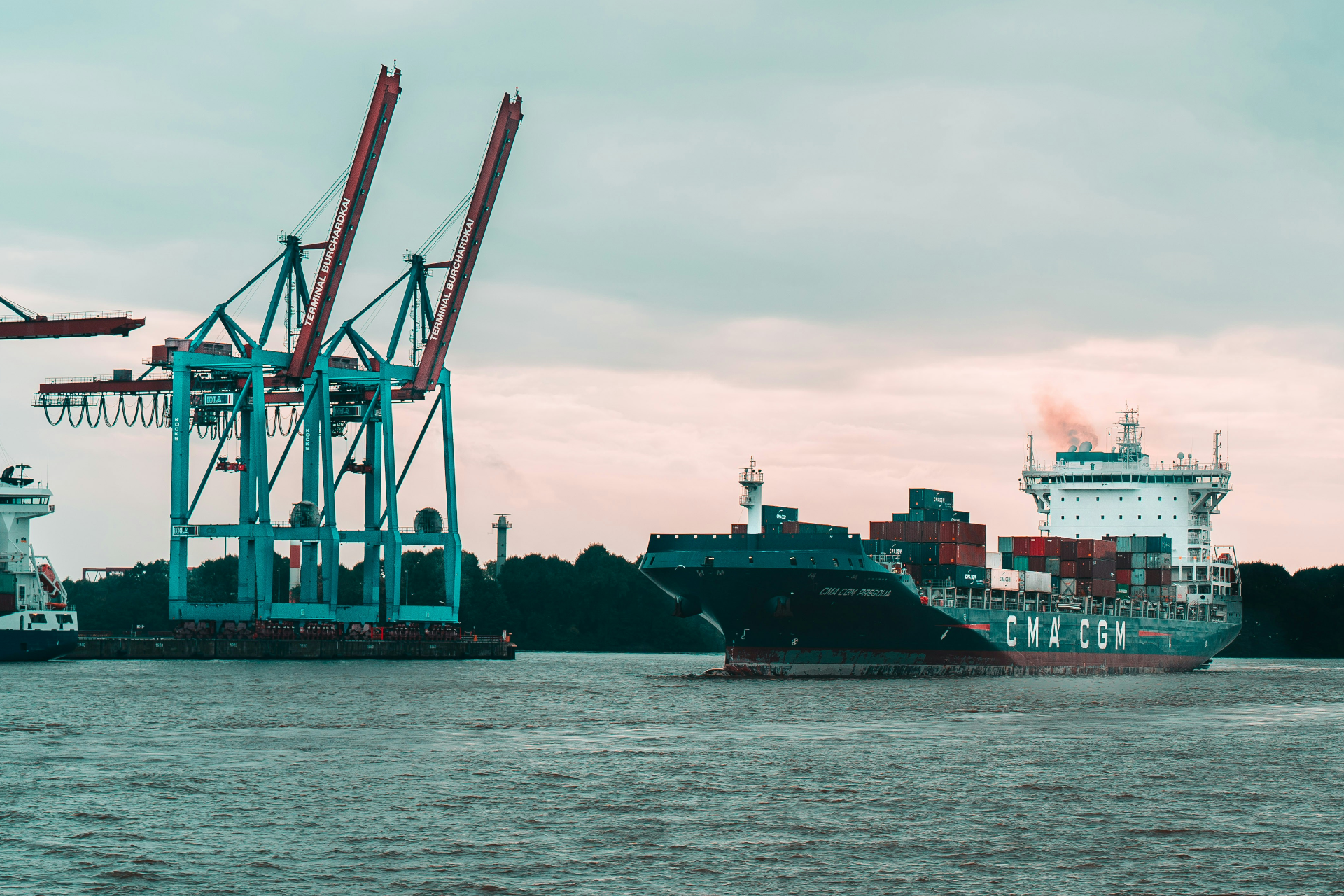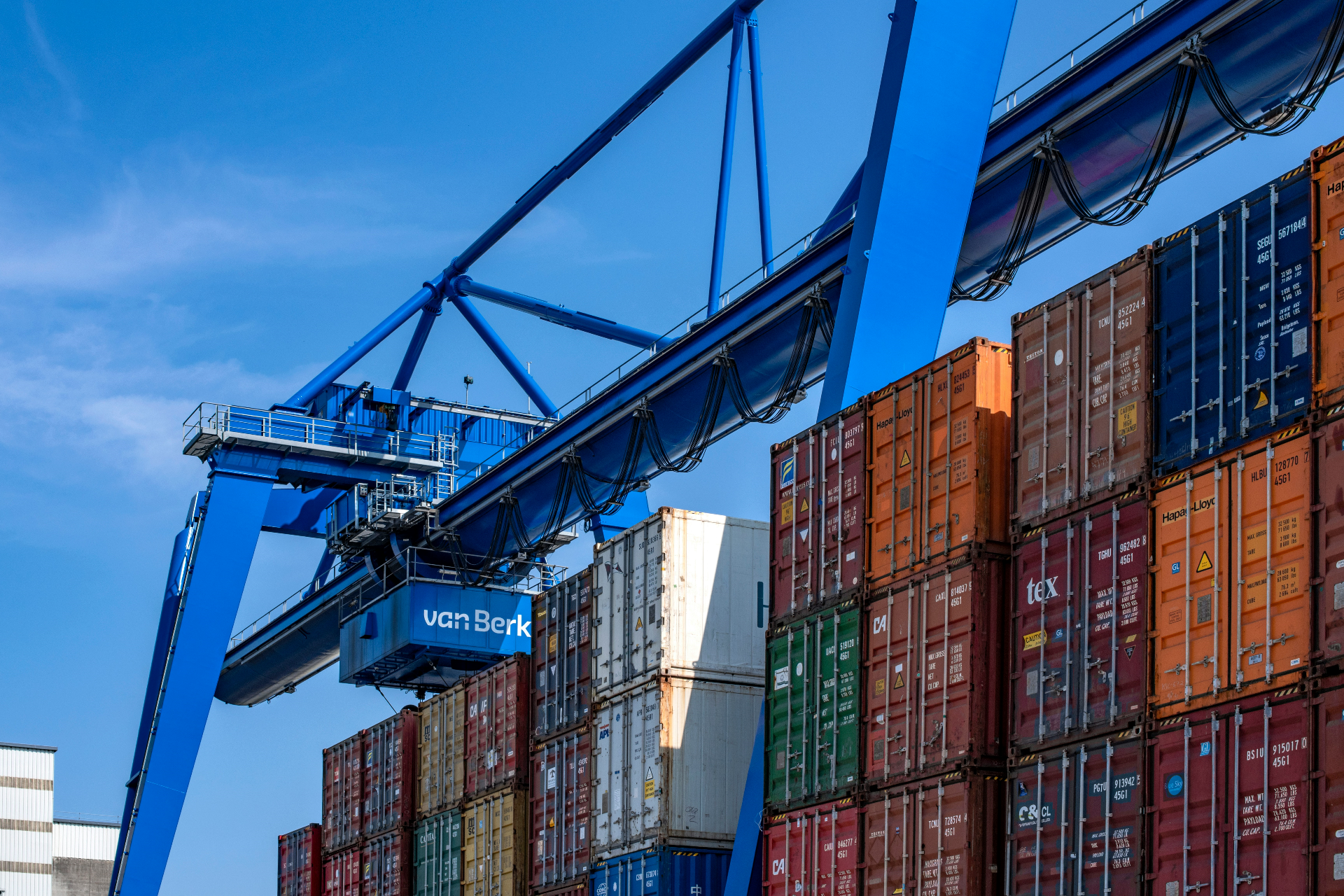Technology has emerged as a powerful catalyst for streamlining export processes, revolutionizing traditional methods, and opening up new possibilities for businesses worldwide. By embracing technological solutions, exporters can navigate the complexities of international trade more efficiently, thereby unlocking new opportunities for growth and success in the global marketplace.
In today's interconnected world, global trade has become the lifeblood of economies worldwide. With businesses expanding their reach across borders, the efficiency of export processes is paramount. Technology has emerged as a transformative force, revolutionizing traditional export methods and streamlining processes like never before.
One of the most significant impacts of technology on export processes is the automation of documentation. Traditionally, exporting goods involved a plethora of paperwork, from customs declarations to certificates of origin. However, with the advent of digital platforms and software solutions, much of this paperwork can now be generated, processed, and stored electronically. This not only reduces the time and resources required for documentation but also minimizes the risk of errors and delays.
Moreover, technology has facilitated seamless communication and collaboration throughout the export supply chain. Cloud-based platforms allow exporters, freight forwarders, customs officials, and other stakeholders to share real-time information and updates. This enhanced visibility enables better coordination and decision-making, leading to smoother and more efficient export processes.
Another area where technology has made significant inroads is in supply chain management. Advanced analytics, IoT sensors, and blockchain technology are being leveraged to optimize supply chains, ensuring timely delivery of goods while minimizing costs and risks. For example, IoT sensors can track the location and condition of goods in transit, providing valuable insights to exporters and enabling proactive measures to address any issues that may arise.
Furthermore, the rise of e-commerce platforms has democratized international trade, allowing even small businesses to participate in the global marketplace. These platforms provide a user-friendly interface for businesses to list their products, manage orders, and handle shipping and logistics—all with the help of integrated technological solutions. As a result, exporters can reach customers worldwide with relative ease, bypassing many of the barriers that previously hindered international trade.
In addition to streamlining export processes, technology also plays a crucial role in ensuring compliance with regulatory requirements. Export controls, sanctions, and trade agreements are constantly evolving, making it challenging for businesses to stay compliant. However, software solutions powered by AI and machine learning can analyze vast amounts of data to identify potential risks and ensure that export transactions adhere to relevant regulations.
Looking ahead, the role of technology in streamlining export processes is only set to grow. Advancements in areas such as artificial intelligence, robotics, and 5G connectivity promise to further enhance efficiency and transparency in global trade. However, it's essential to recognize that technology is not a panacea and that challenges such as cybersecurity threats and digital divides must be addressed to fully realize the benefits of technological innovation in export processes.
#Technology #ExportProcesses #GlobalTrade #SupplyChainManagement #DigitalTransformation #ECommerce #RegulatoryCompliance #Innovation #IoT #Blockchain #AI
Related Information


















